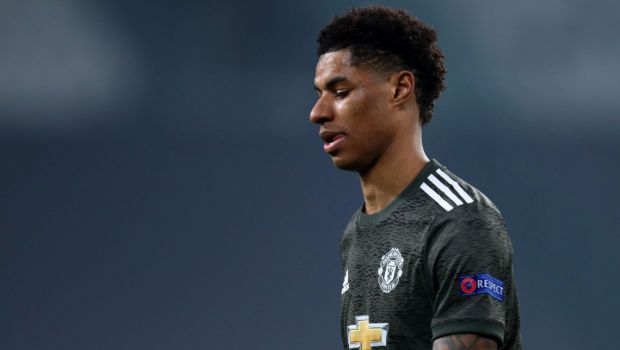Marcus Rashford, once the golden boy of English football, now finds himself in the midst of a career crisis. With a recent injury sidelining him and a future at Manchester United looking bleak under new manager Ruben Amorim, the 26-year-old forward is caught between recovery and reinvention. And while his name still carries weight across Europe, the decisions made in the next few months could define what comes next—for better or worse.
Rashford’s strained relationship with United has become impossible to ignore. His falling out with Amorim has effectively shut the door on any short-term reunion with the club that raised him. Though technically still a United player, Rashford is currently on loan at Aston Villa, and the club’s medical team is coordinating his rehabilitation after a hamstring injury.
The problem? United still holds the keys to his future, and the clock is ticking. Unless the club manages to offload him—either through a permanent transfer or another loan—he’ll be expected to report to preseason training in July. That includes the possibility of joining United’s summer tour in the U.S., which would undoubtedly add tension to an already fragile situation.
Given the clear divide between player and manager, that scenario is one neither party wants. Yet, without a buyer lined up, it’s very much on the table.
Rashford’s name still turns heads in football circles, but interest doesn’t always mean action. He’s made it known he’d prefer a move abroad, ideally to a club competing in the Champions League. Barcelona has been floated as a dream destination, but their financial constraints make a £40 million transfer and a hefty wage package far from straightforward.
And Rashford’s salary is no small hurdle. Earning £350,000 a week at United, he’s among the club’s highest earners—a figure that only a handful of European giants can entertain. Even Aston Villa, his current club, is only covering part of that wage during his loan, cushioned with bonuses for appearances and goals.
To his credit, Rashford is reportedly willing to lower his salary expectations if it means escaping Old Trafford for good. But whether that self-awareness translates into real options remains uncertain. If clubs aren’t willing to meet both United’s price and Rashford’s adjusted salary, he may be facing another temporary move—assuming the club even finds a taker.
What’s clear is that time is running out. The summer transfer window opens in June, and by early July, Rashford may find himself back where everything started, but where he’s no longer wanted.


























